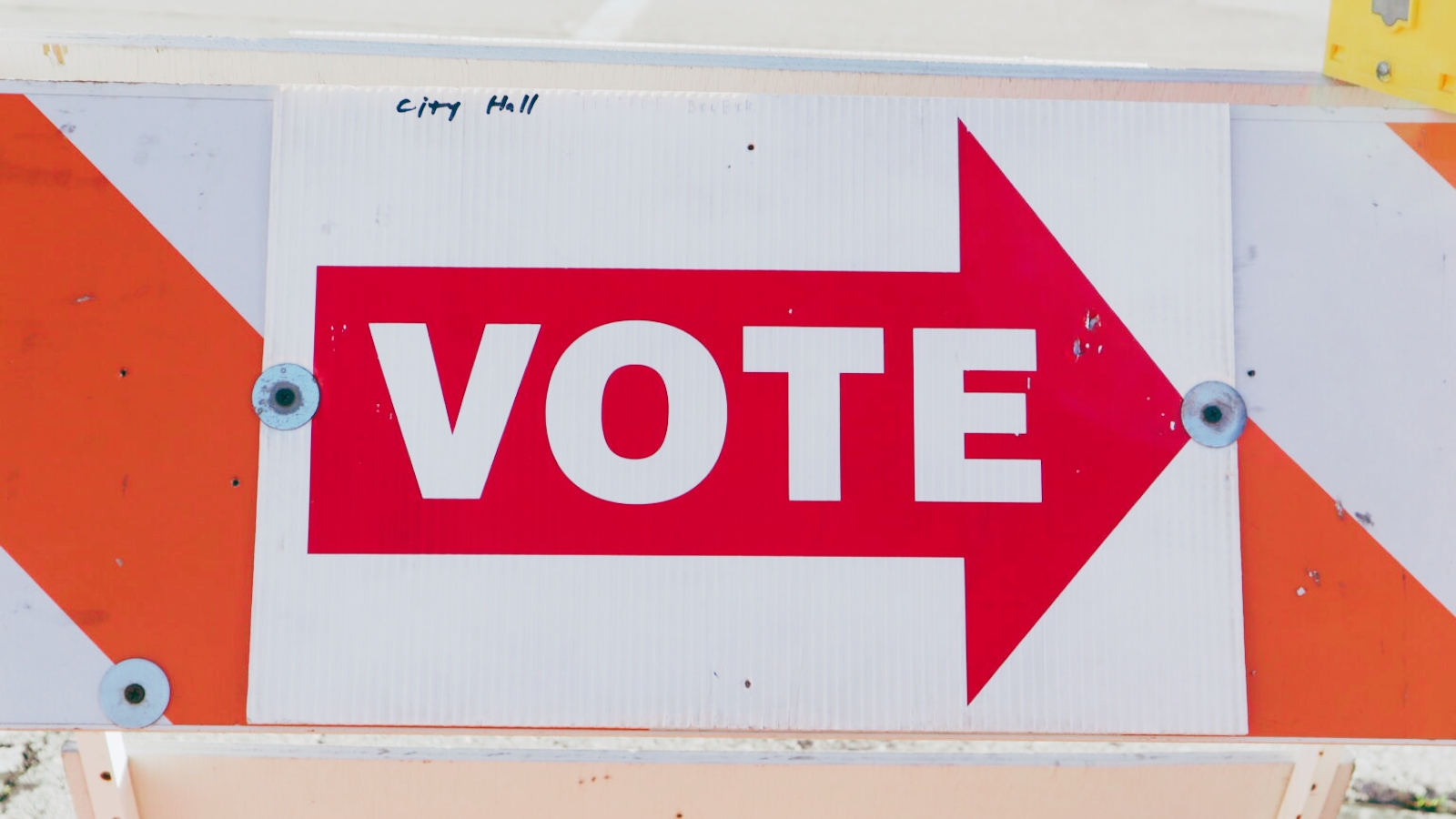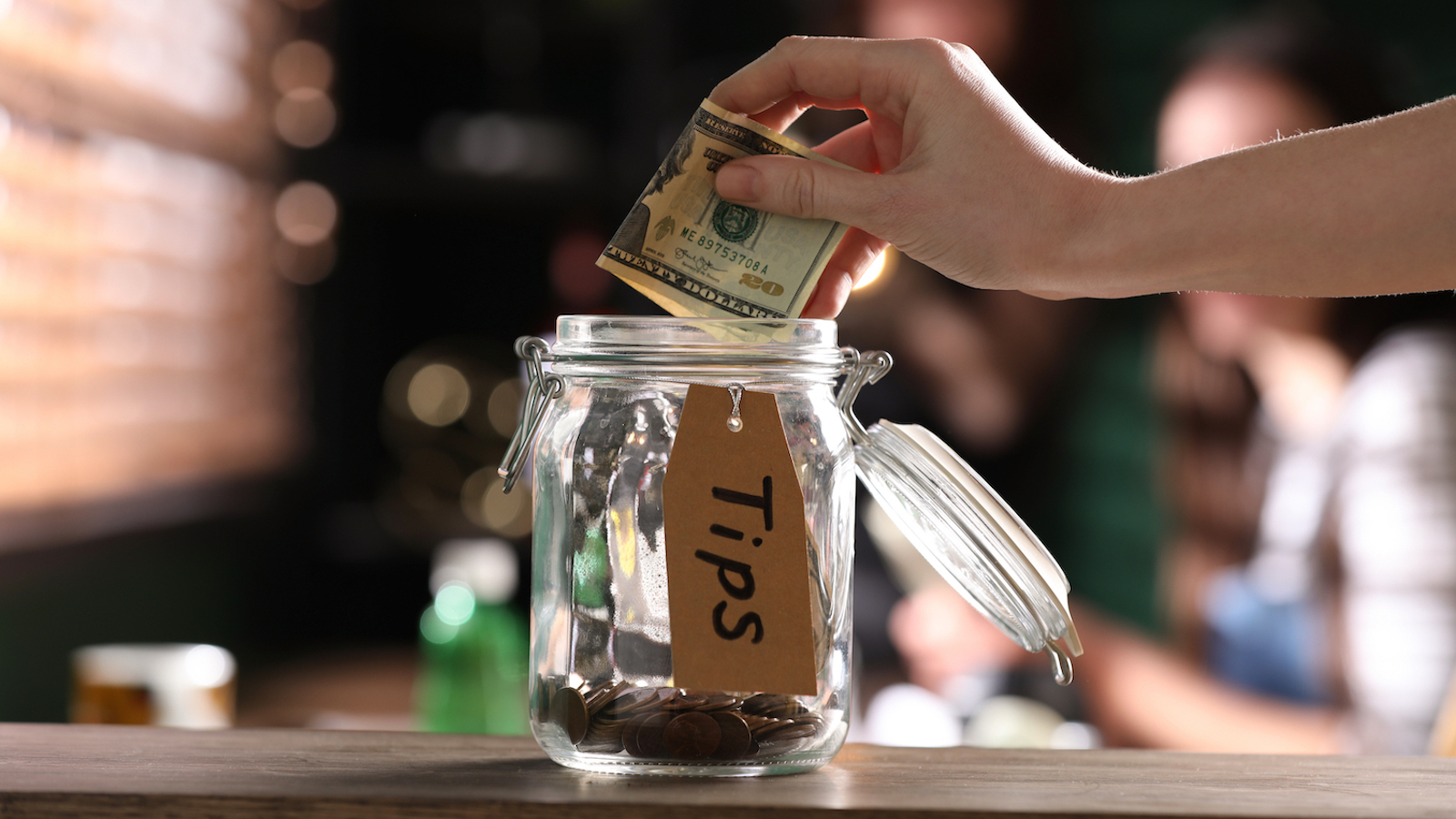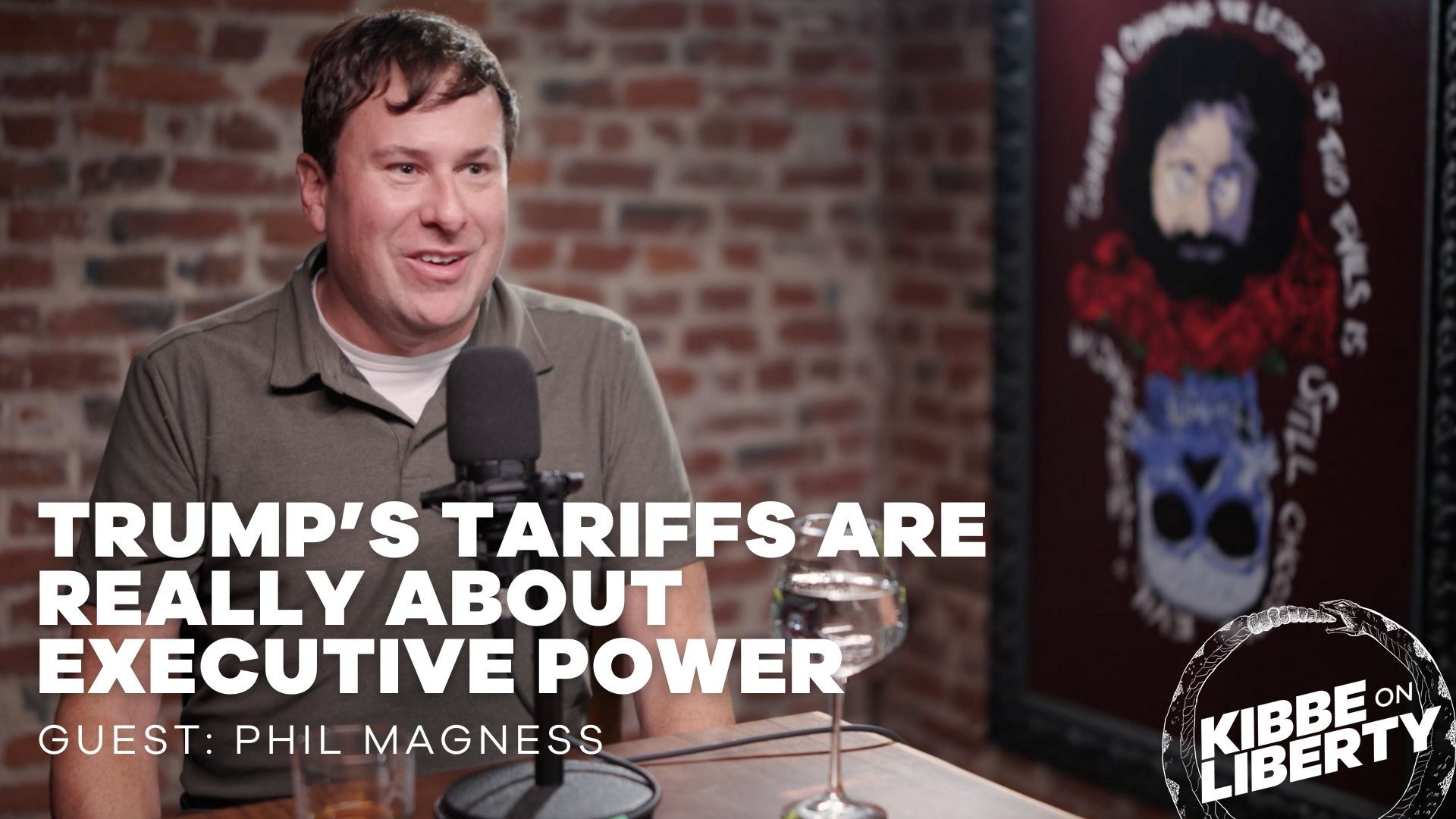
Do Soda Taxes “Work”?
As four cities prepare to vote on new taxes for sugary drinks, policy wonks around the country are having a spirited debate about whether soda taxes work. New research from Mexico, which has a national soda tax of 10 percent, indicates an expected decrease in Type 2 diabetes. Proponents argue this drop is proof that these taxes do, in fact, work.
Of course, your definition of what “works” will be different depending on your values and priorities. Critics of the taxes, including the soda companies themselves, argue that the price increase does not result in a high enough drop in consumption to produce meaningful health outcomes. They also argue that the tax unfairly targets low-income Americans, who consume soda at higher rates than the wealthy.
Both sides of this debate represent what I find most frustrating about politics. Underlying all these arguments is an unspoken assumption that we are expected to agree with, an assumption that pervades nearly every policy debate in Washington. The assumption is this: that it is the proper role of government to influence the decisions individuals make regarding their own lives.
When you start from that point, perhaps it does make sense to debate whether higher soda prices will reduce obesity and diabetes. But before we get there, I think it is incumbent upon us as Americans to have a conversation about whether government has any business meddling in people’s dietary choices in the first place.
Pretty much everyone knows by now that consuming large amounts of sugary sodas is not the healthiest option. With that knowledge in hand, there are two reasons why we might choose to drink sodas anyway.
1. We enjoy the taste more than we care about the health risks.
2. Other beverage options are more expensive, and the cost savings are worth the health risk.
In the first case, if people want to take a risk with their own health, understanding the danger, who are we to deter them? We let people skydive. We let them drive cars. Shouldn’t they have the same choices when it comes to the food and drink they consume? What business is it of mine, if my neighbor wants to guzzle Diet Coke or smoke three packs a day? None at all.
As for the second case, if people are choosing sodas over other options to save money, it means that they need the money more than they care about their own health. By artificially increasing the cost of sodas, we are denying them that savings which they value, just to impose our own preferences on them instead. But each individual is in a better position to know what is best for his own life than some central bureaucrat sequestered away in a government building. Why shouldn’t people be able to choose to trade health for money, if that is their preference? What gives us to right to say that their values are wrong, and ours are correct?
Until these questions are settled, all discussion of whether or not soda taxes “work” is irrelevant. Instead, what we have is a soulless, data-driven policy that ignores the fundamental values than many Americans hold. Meanwhile, consumption of sodas has been declining naturally for decades as people have become more health conscious, a trend which has led to the popularity of bottled water and other soda-substitutes. In other words, dietary change can come without the need for government intervention.
If we are really so worried about what other people drink, persuasion is both a more ethical, and more effective tool in the long run than coercion in the force of higher taxes or other government mandates. Regardless of what the data says, we should let people make their own consumption decisions. That’s the nature of freedom, and it’s the American way.
This article originally appeared on Conservative Review.
Free the People publishes opinion-based articles from contributing writers. The opinions and ideas expressed do not always reflect the opinions and ideas that Free the People endorses. We believe in free speech, and in providing a platform for open dialogue. Feel free to leave a comment.



